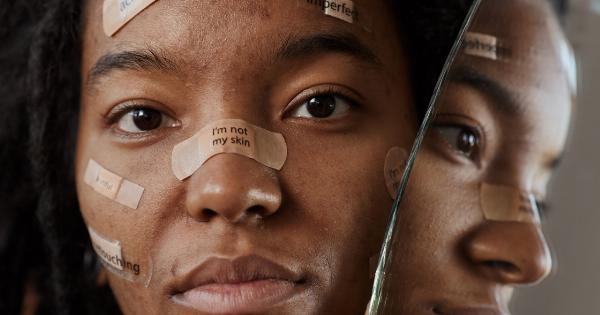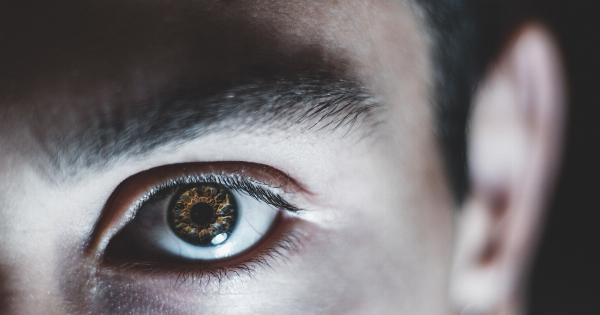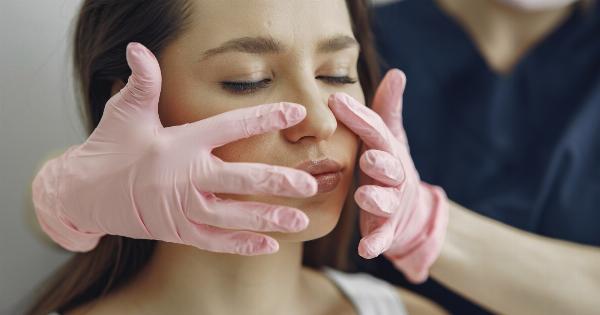Acne is a common skin condition that affects millions of people worldwide. It can be caused by a variety of factors, including hormonal imbalances.
Hormonal acne is often experienced by teenagers going through puberty, as well as women during their menstrual cycles or menopause.
If you’re struggling with hormonal acne, it’s important to understand its causes and know how to effectively manage and control it.
In this ultimate guide, we will discuss various strategies and treatments that can help you keep hormonal acne at bay.
Understanding Hormonal Acne
Before we dive into the ways to control hormonal acne, let’s first understand what it is. Hormonal acne is primarily caused by fluctuations in hormone levels, particularly an increase in androgens like testosterone.
These hormones stimulate the sebaceous glands, leading to increased oil production. The excess oil, along with dead skin cells and bacteria, clogs the pores and causes acne.
While individuals of all genders can experience hormonal acne, it is more prevalent among teenagers and women. In teenagers, it is primarily triggered by the hormonal changes that occur during puberty.
For women, hormonal acne can flare up during the menstrual cycle, pregnancy, or menopause.
Controlling Hormonal Acne
Controlling hormonal acne requires a multi-faceted approach that includes proper skincare, healthy lifestyle choices, and, in some cases, medical interventions. Here are ten effective strategies for managing hormonal acne:.
1. Cleanse Your Face Regularly
Proper cleansing is essential for removing excess oil, dirt, and bacteria from your skin. Use a gentle cleanser twice a day and avoid scrubbing too hard, as it can irritate the skin and worsen acne.
Look for cleansers that are specifically formulated for acne-prone skin.
2. Avoid Harsh and Oil-based Products
Avoid using skincare and cosmetic products that contain harsh ingredients or oils, as they can clog your pores and aggravate hormonal acne. Look for non-comedogenic or oil-free products that won’t contribute to acne breakouts.
3. Use Topical Treatments
Over-the-counter topical treatments containing ingredients like salicylic acid, benzoyl peroxide, or retinoids can help in reducing inflammation and unclogging the pores.
Apply these treatments as directed and give them time to work, as they may take a few weeks to show noticeable results.
4. Moisturize without Clogging Pores
While it may seem counterintuitive, moisturizing is essential even for acne-prone skin. Look for lightweight, non-comedogenic moisturizers that won’t clog your pores or exacerbate acne.
5. Maintain a Healthy Diet
Eating a balanced diet that is rich in fruits, vegetables, whole grains, and lean proteins can support your overall skin health.
Avoid consuming excessive amounts of sugary, processed foods, as they can trigger inflammation and potentially worsen hormonal acne.
6. Stay Hydrated
Drink an adequate amount of water each day to keep your skin hydrated. Well-hydrated skin is less prone to excessive oil production, reducing the likelihood of clogged pores and acne breakouts.
7. Manage Stress Levels
Stress can worsen hormonal acne by triggering the release of stress hormones, which in turn can lead to increased oil production.
Engaging in stress-reducing activities such as exercise, meditation, or hobbies can help manage your stress levels and potentially improve hormonal acne.
8. Hormonal Birth Control
For women whose hormonal acne is linked to their menstrual cycles, hormonal birth control can be an effective treatment option. Birth control pills containing estrogen and progestin can help regulate hormone levels and reduce acne breakouts.
9. Consult a Dermatologist
If your hormonal acne persists despite trying various home remedies and over-the-counter treatments, it may be time to consult a dermatologist.
They can evaluate your skin condition, recommend prescribed medications if necessary, and provide personalized advice for managing hormonal acne.
10. Be Patient and Consistent
Managing hormonal acne is a journey that requires patience and consistency. It may take time for your skin to respond to treatments, so don’t get discouraged if you don’t see immediate results.
Stick to your skincare routine and lifestyle changes, and with time, you’ll notice an improvement in your acne-prone skin.





























